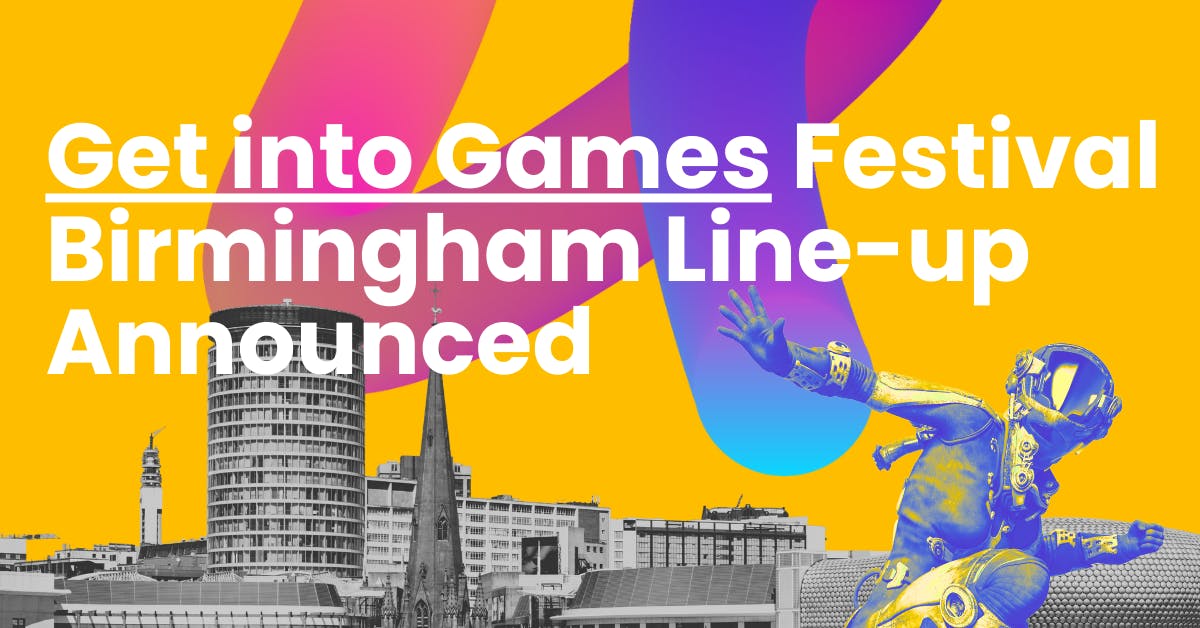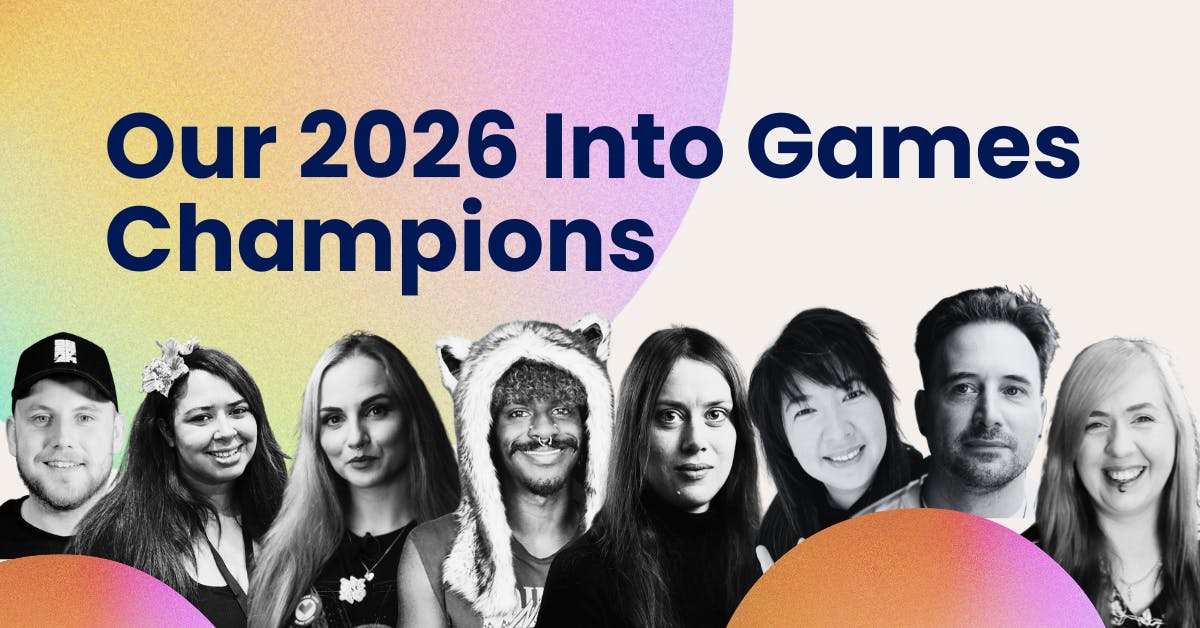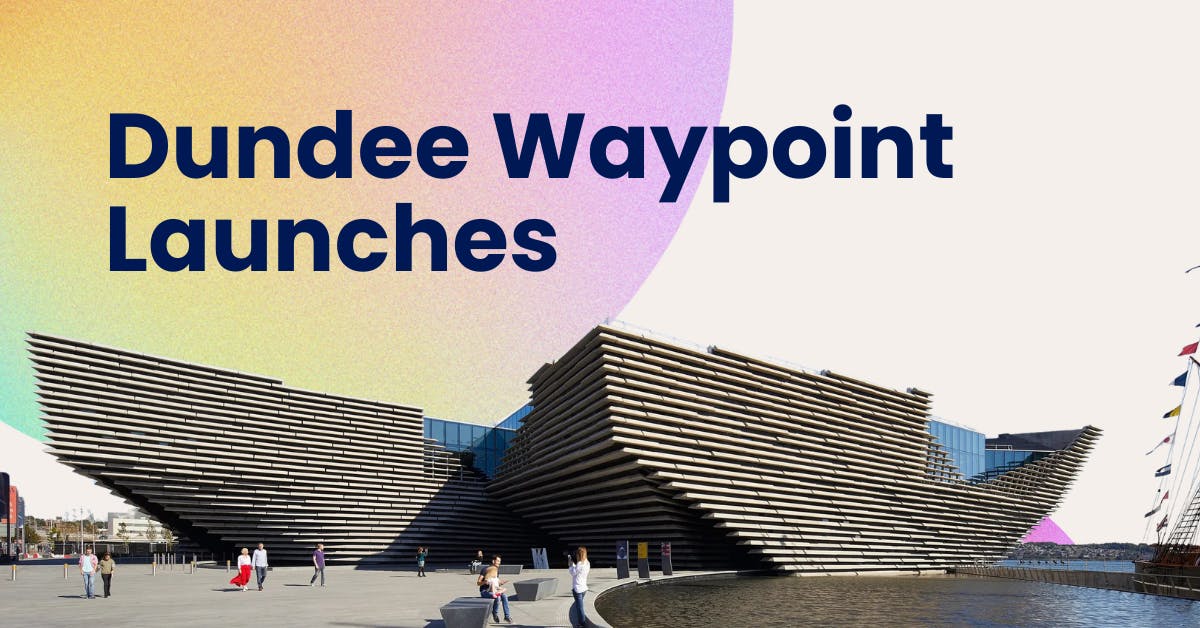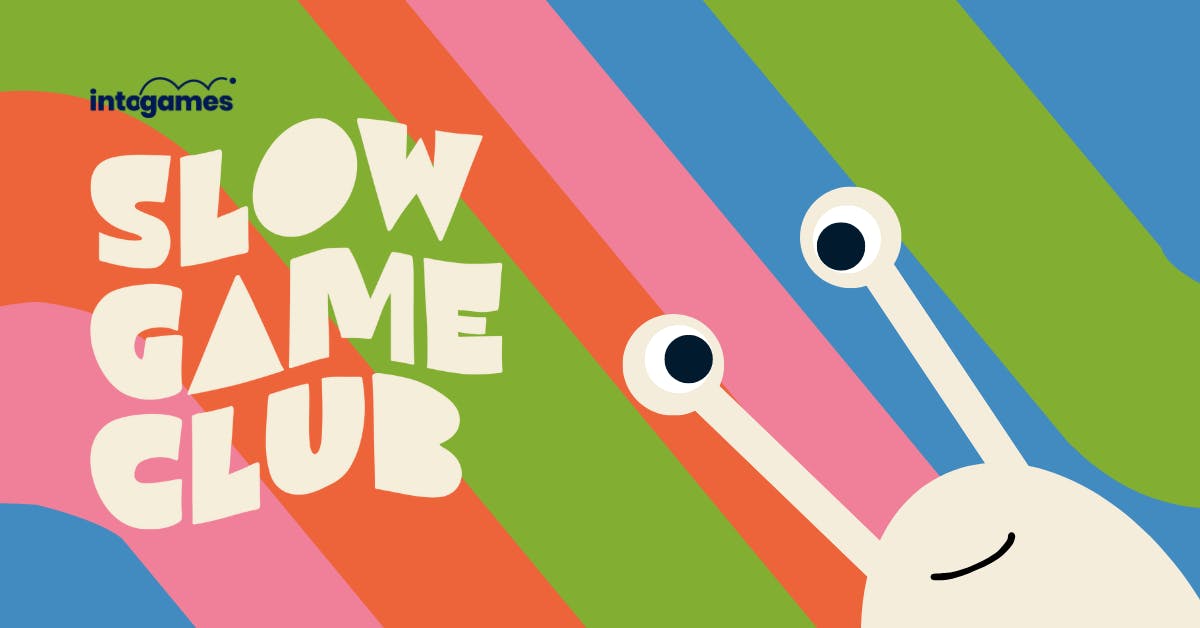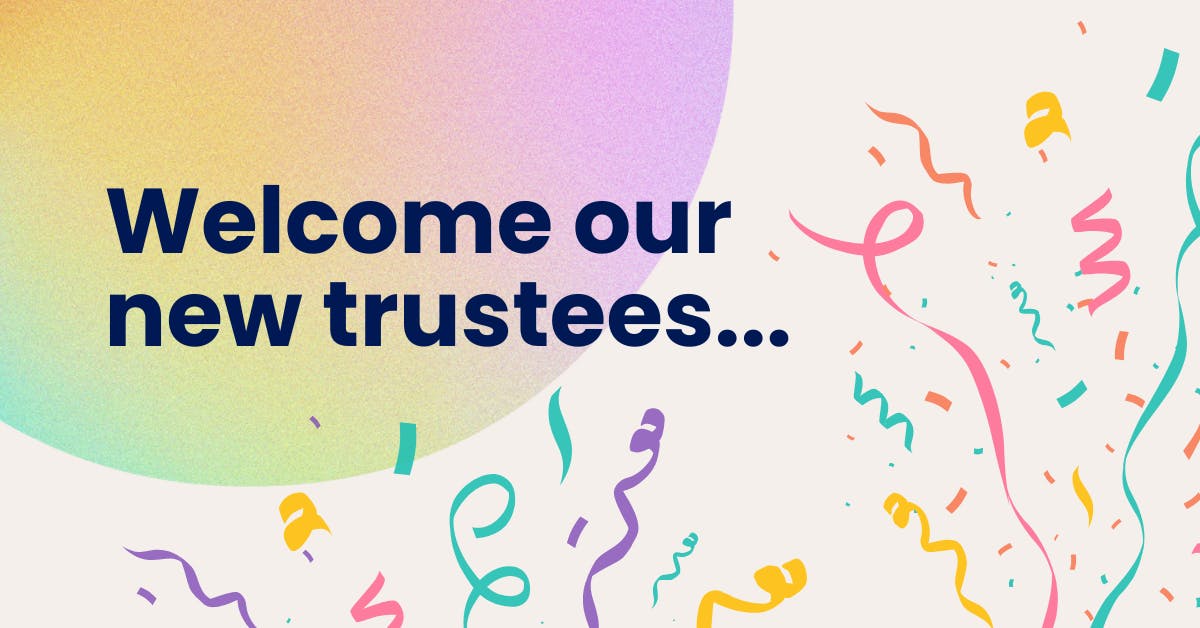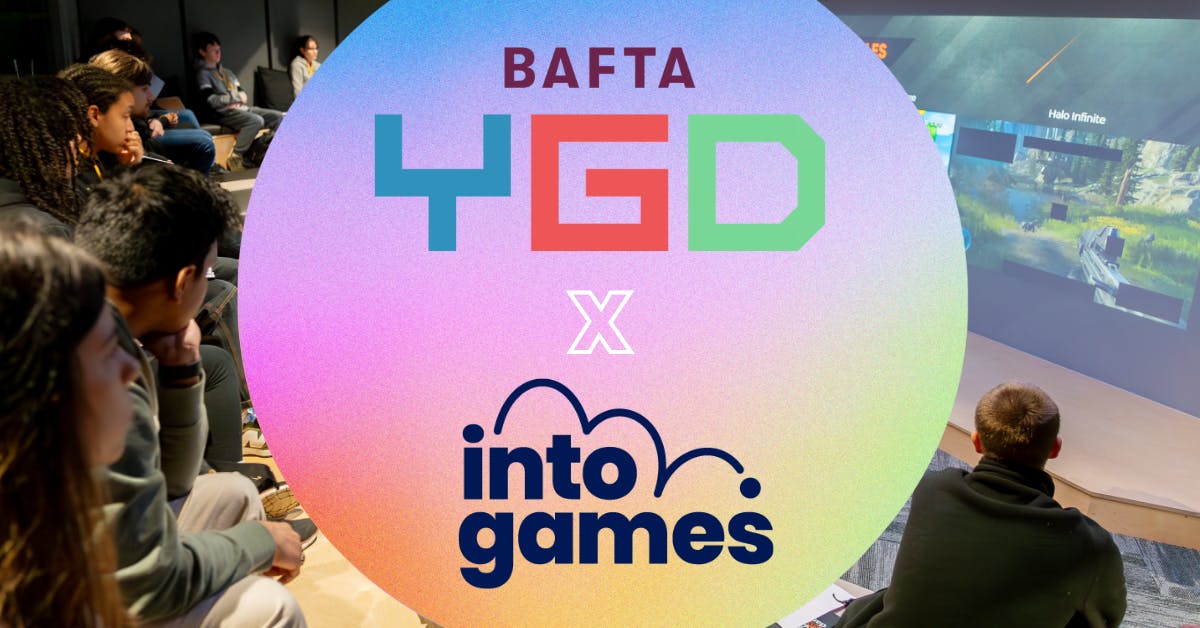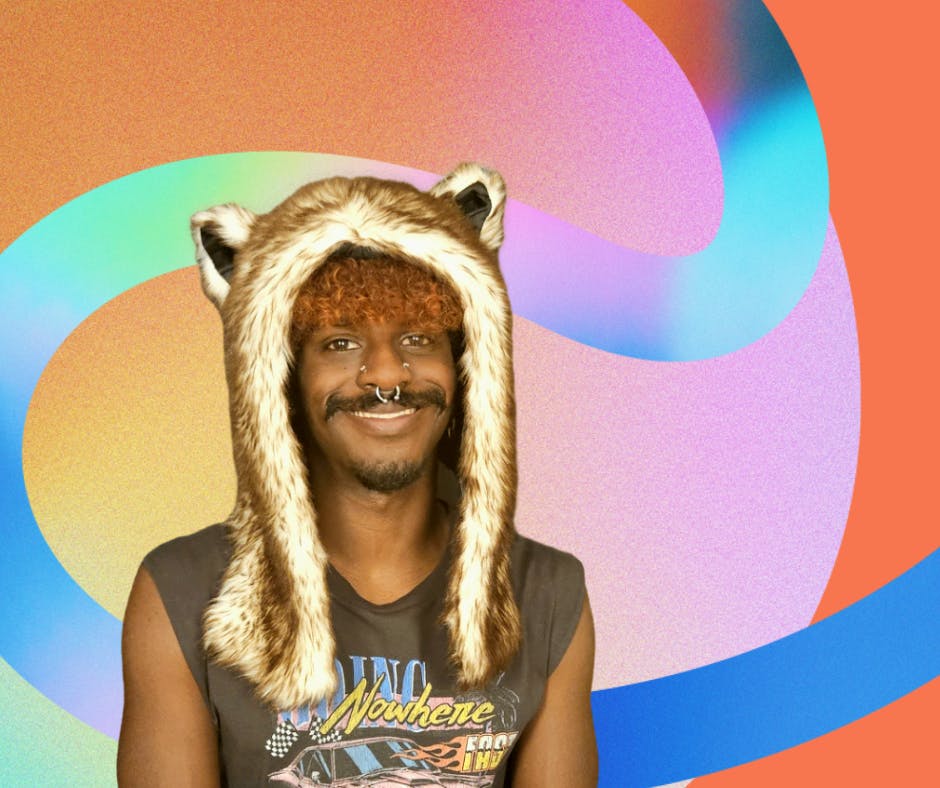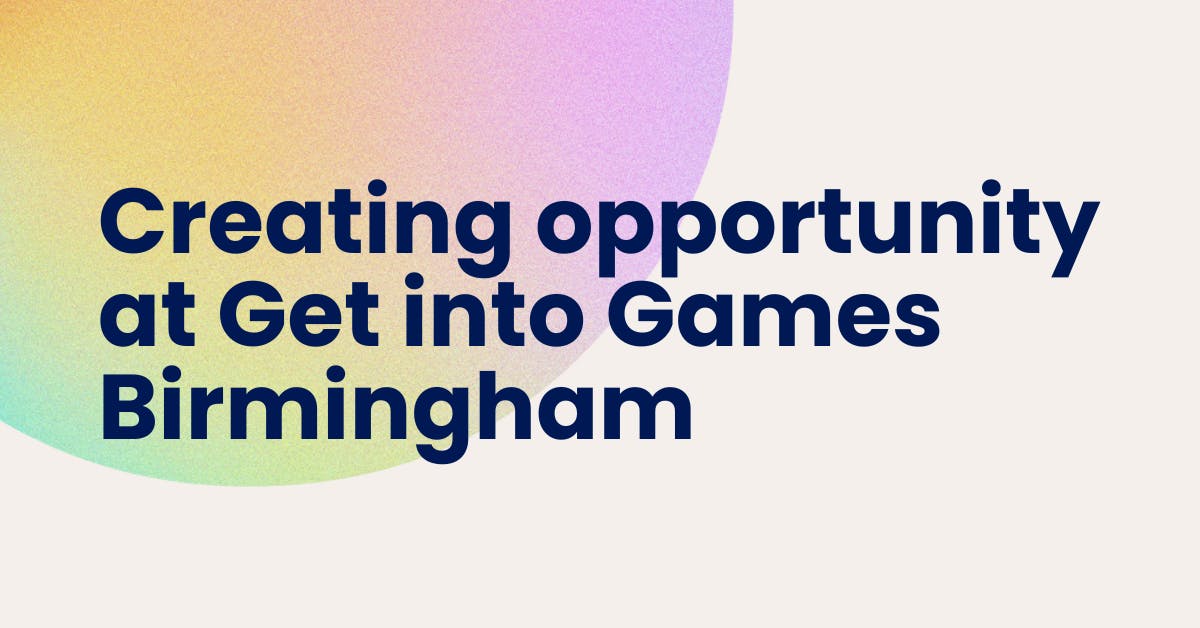
26 October 2020
What does an XR Evangelist in games do?
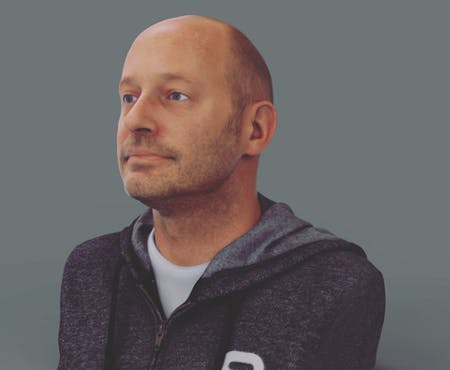
XR stands for Extended Reality, an umbrella term for technology-driven altered reality that includes Augmented Reality (AR), Virtual Reality (VR) and Mixed Reality (MR).
Sam Watts is the Immersive Partnerships Director for Make Real, an award-winning Virtual and Augmented Reality studio with established corporate clients such as EDF Energy, Vodafone and McDonalds. During his career, Sam has worked on a wide range of titles including Guild Wars, Radial-G : Racing Revolved, Loco Dojo. We asked Sam, some key questions about getting into the games sector.
Explain your role like I'm 5 years old
I like to say I enable people to see things that aren't there! As in, I put a lot of Virtual Reality headsets on people to try out the technology, usually for their first time. When not doing that I am usually talking about VR, either at an event, in an article online (sometimes in print, which are the best ones), or to camera for an interview or microphone for a podcast.
I also wear many hats, meaning I have lots of different roles and areas of focus, which is common for a smaller studio that is growing. I have a PR hat, when I am updating the studio website about our latest projects and products, or posting on our social media channels, or writing our monthly newsletter or blog posts.
I also have a team manager hat, which I wear daily to stand-up with our Research & Design team, The Drawing Board, as part of our agile project development process, to check in how they're doing on their current sprint, which forms a two-week period of dev with a working output.
One hat that doesn't get a lot of love at the moment is the Events Manager hat, which I would normally wear towards the start and end of each calendar year, when most events happen, planning and organising our booths and presence at various physical spaces. Some of it applies to virtual events but there's a lot less logistics and moving parts to worry about!
Finally, I have a serious hat which I wear once a month with the rest of the studio leadership team, when we gather to discuss the business strategy and direction for the future of the studio as a whole.
Take us through your average day at work
I wake up very early, usually around 6am, pootle about with coffee and plan the day ahead, checking my calendar for booked meetings, calls, deadlines and what not. After making my wife coffee at 8am to get her out of bed, I get ready for the rest of the studio to come online at 9am.
Since switching to being a remote studio, we have more Zoom standups each morning but how many depends upon the day. Then from there, it's fair game! One of the best things about the studio and my job is that we don't really have average days or a sense of repeating with it being just another day in the office. Our work and clients and projects are quite varied so we could be talking about how we're delivering a climbing simulator one day to how we're progressing on a nuclear power station control room training experience physical installation another day, to planning the launch of our next immersive product onto Steam or other digital stores.
Quite a lot of my time is spent talking with our clients and partners, current or to be, about how immersive technologies can help them with their objectives and what their specific use case is. As mentioned above in describing my role, I break my day down to tackle my To-Do List with whatever is most pressing and requiring attention, around those areas I look after.
What was your educational and career journey into your current role?
This is quite long because I am quite old and have had a number of jobs that lead to where I am today! I was always interested in computing and computers from an early age, starting with getting an Atari ST when 11. I wasn't allowed to get a games console at the time (a SNES or Megadrive), it had to be a "proper computer" for school work. Thankfully my parents didn't realise you could play games on it too, which I did, a lot. I did a generalist IT GCSE at school and then at A-Level but I dropped out of college for reasons.
That bit of Computing A-Level did make me realise that I didn't want to be a programmer or coder if I were to work with computers in the future though! In the 90's, people had tried to make VR 'A Thing' then too but it was these early systems that first got my attention. I went back to college and finished a 1-year AS Level in Communication Studies with a D grade.
Those 4 UCAS points were enough to blag my way onto a brand new "BSc Multimedia Computing" degree course being offered at De Montfort Uni, Leicester, through the clearing system. It was a four-year course with the 3rd year being industrial placement, and I spent that year working for a company in Horsham who were building the first video conferencing systems (1998-99) as a software tester. I realised pretty quickly that my analytical skills and attention to detail made me a good software tester, along with English and critical thinking to be able to report a bug in a clear, concise manner that the coders could understand to fix.
After graduating with a 2:2 (work hard, play hard), I moved back to Brighton and found a local company looking for software testers for elearning applications and content. I quickly went up through the ranks to Lead Tester, managing projects and people (something I had learned to do as a teenager managing the team who worked the playground area of Drusilla's Zoo Park) as well as specialising in areas of accessibility and usability.
In 2004 a S.Korean games company opened up a Western office to look after European games launches and were looking for a QA Manager for one of their titles in development, Guild Wars. I applied and got the job, partially because I showed how I would be objective in my approach to ensuring the game was of the highest quality possible. 5 years later, there were some higher-level organisational changes and the politics between the EU and the US office saw many of us made redundant from the studio in Brighton, my first taste of the bad side of the games industry.
From there I went on to work for a Flash web games company as Producer, overseeing popular little viral games being released as part of marketing promotion for brands and products. I moved from there to a Taiwanese company setting up shop in Brighton as Associate Product Manager for their UK releases. This ended in redundancy again when they also decided to change how they operate in the West. Lesson learned.
I managed to find a job working with a localisation (language translation and testing) company based in London, looking after all the projects for Zynga, one of their key clients (the makers of Farmville etc). It was fun working with a team of up to 50 people from all nationalities but it was tough as we had to work on San Francisco hours, where Zynga were based. This meant we would start at 6pm and finish at 2am! Thankfully Make Real (although it wasn't known that then) reached out and asked if I wanted to join them for a 6-month contract to help deliver a big construction site training simulator project for a client in Melbourne, Australia. Although the salary was lower, it would mean working back in Brighton, no commute to London and after taxes and not having to pay thousands for expensive train fares, I was actually better off each month.
Whilst there, a young guy in the US called Palmer Luckey launched a Kickstarter for a low-cost VR headset, called the Oculus Rift (DK1). We backed a couple of units and when they arrived, we were blown away by the quality and experience. Looking back to that day and device now, seven years later, it was pretty rough and nausea-inducing but it gave us a glimpse of what could be. After delivering the construction project, I convinced the bosses at Make Real to keep me employed and let me explore what and where this VR stuff could take the company. The rest is history.
What do you love most about your role?
As alluded to already, no two days are the same, there's always a challenge to overcome and always someone to evangelise to and excite about VR, which has become my main passion driver. From that early taste in the 90's, to actually be working for, steering and leading even, a VR company making stuff with VR and getting my hands on all the top secret prototypes and dev kits before they get announced and released is so_frickin_cool_!
Watching the studio grow from 4 people when I started, to 25 now and with plans to grow more in the coming months and years, is a genuine joy and pleasure, knowing we have and I work with a kickass team who make exceptional content that really connects with people.
What's the hardest thing about your role?
The hardest part is remaining sensible and ensuring that we focus our energies and efforts in the right places that are best for the business. Whilst I want to explore every opportunity and possibility with the team in terms of R&D and what the tech could do, we have to align our available budgets to things that will create a great product, or user experience, or business benefit. But this is early stages for this part of the business, so over time we can look to expand our horizons as more people come onboard and the products we are making today are selling units and generating revenues tomorrow.
What key skills should people work on to do your role one day?
For software testing you need good critical analysis and English Language skills to be able to write clear and concise bug reports that can be followed and fixed.
For PR you need good writing skills, for blogs and social media posts and website copy, as well as good interpersonal skills to relate to other people who you are looking to network with and encourage to provide coverage of your game. You also need confidence to be able to get up on stage and talk about whatever it is you are talking about, but much of this comes more easily if you have a genuine passion for that particular topic or area, like I do with VR.
For team management, again you need interpersonal skills and knowing how to effectively communicate with each member of your team and look out for each other. Also delegation is important, knowing when someone else is just as or more qualified or capable than you to do a task or look after a project. Generally good organisational skills are needed to keep track of everything going on. Making lists and checking them off, using project management tools and methods to break a task down into the component parts, how they relate to one another, determining what order they should be tackled in and by whom.
Finally some basic maths (i got a C at GSCE Maths...) and financial ability in terms of understanding how much tasks cost to complete by people, and how that cost can correlate to how much you need to charge or how many copies you need to sell to break even, (or make a profit!) once all the other potential invested parties have had their share first.
What advice would you give to your younger self looking to get started in the industry?
Don't get involved in office politics, don't gossip, respect the FrieNDA, especially NDAs, always look to how you can work with someone from a positive angle, even if you aren't compatible in personalities, and don't forget to have fun. Oh and final advice is that it is very likely that you will work on a game title that you either have no interest in or dislike, but that's actually a good thing. Otherwise your spare time and interests become your work and then it's really hard to differentiate between the two and you potentially end up with a bad work//life balance.
And on that note, crunch is bad, it's only a game, a piece of entertainment, do not make yourself ill over it through over-work, stress or caring too much. Your passion is not something to be taken advantage of!
Stay up to date
It's time to level up your inbox
Pick which newsletters you're interested in receiving, and customise further by specifying a discipline.
Join our mailing listTell me more
